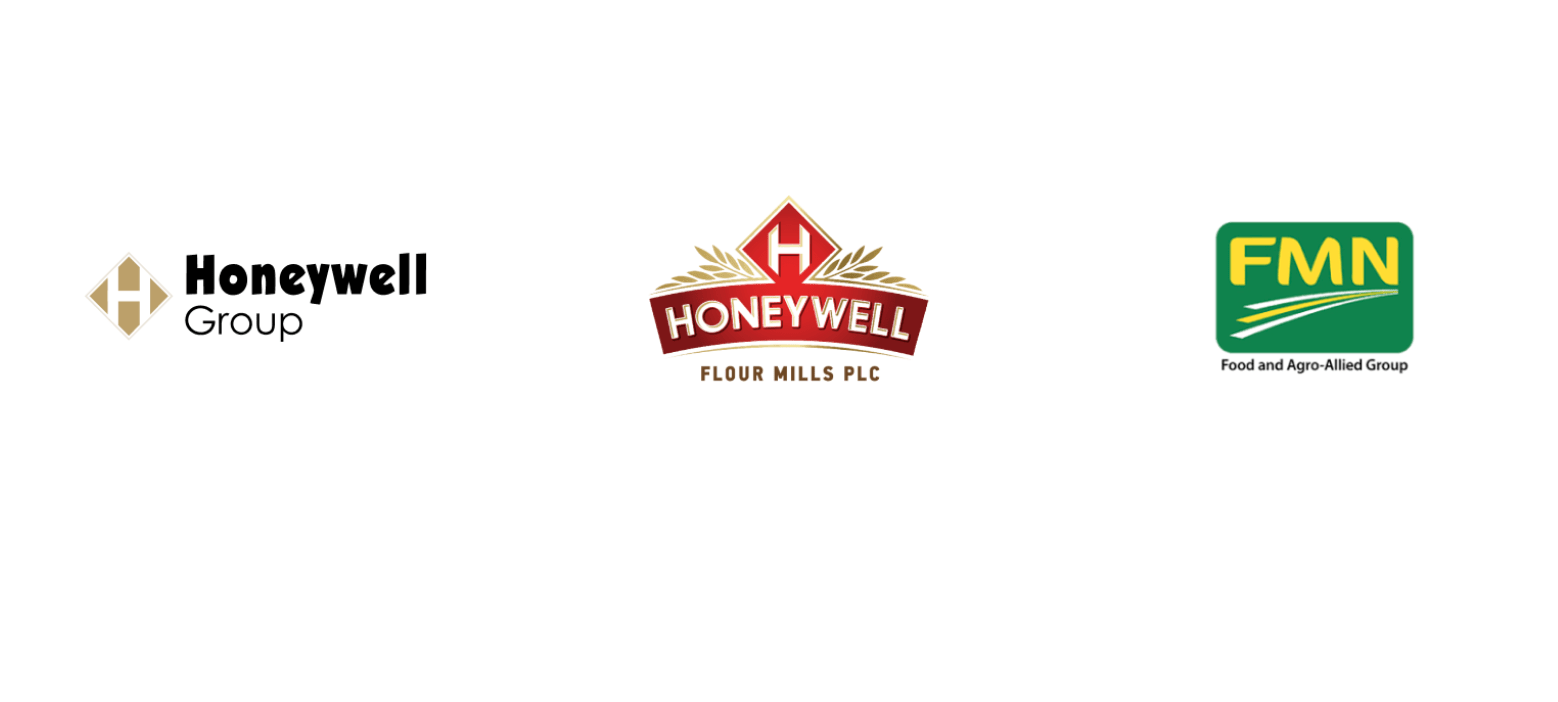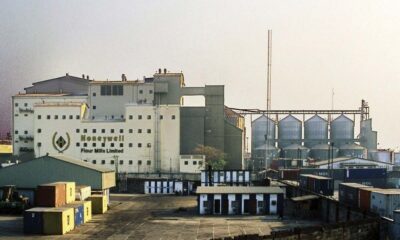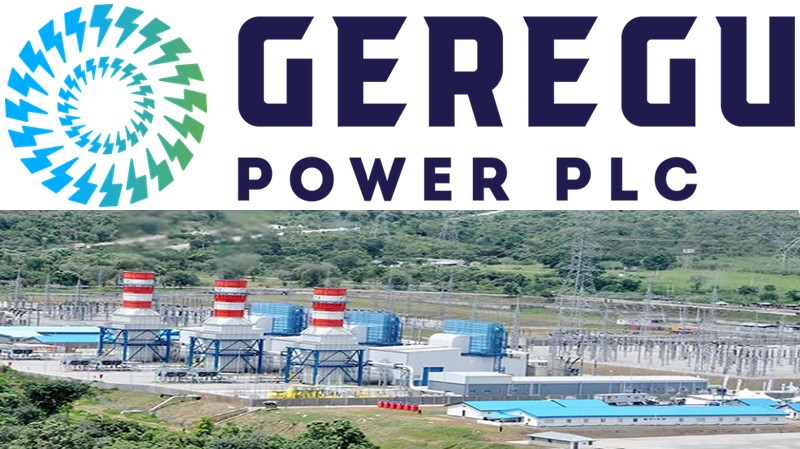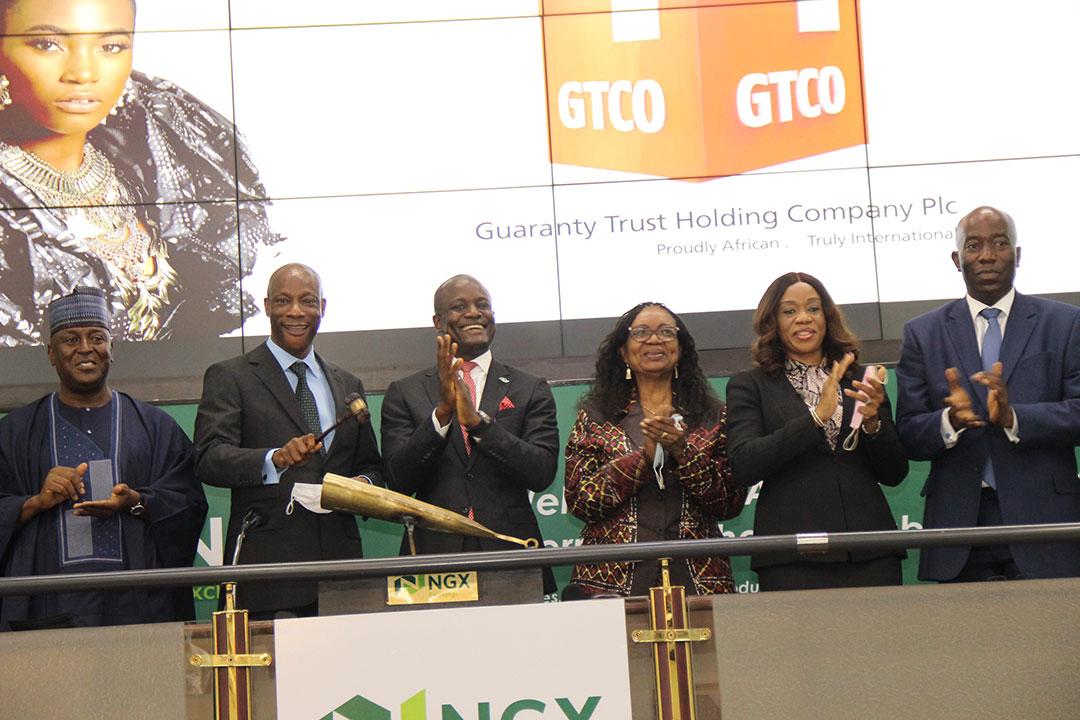The contribution of key players in the Nigerian food industry has grown in value and relevance over the years. According to a report by the World Trade Organization (WTO), Nigeria is ranked as the largest food market in Africa, with significant investment in the local industry and a high level of imports. As of now, the food and beverage sector is estimated to contribute 22.5% of the manufacturing industry value, and 4.6% of Nigeria’s GDP. In another report compiled by PricewaterhouseCoopers (PwC), it was confirmed that the food sector brought in an average of 57% of Gross domestic product (GDP) and generated 64.5% of export earnings.
Founded in 1972, Honeywell Group began as a food trading company servicing the West African region before pivoting to importing a variety of goods for the domestic Nigerian market. Now operating an investment holding company based in Nigeria, Honeywell Group Limited has diversified its business l into different sectors which are referred to as portfolio companies. The Group has evolved to become an investment company participating in major sectors of the Nigerian economy including foods, real estate, leisure and hospitality, energy, infrastructure, and financial services.
Honeywell Flour Mills Plc (HFMP), one of the portfolio companies of Honeywell Group Limited and a market leader in milling, processing & packaging of flour and other wheat-based products in Nigeria has continued to contribute immensely to the growth and performance of the Nigerian economy. With over 20 years of experience, HFMP has gathered extensive knowledge and skill in the production of flour and a range of flour-based products. The company has superior operational efficiency and remains a dominant player in the food industry in Nigeria.
Operating on a total installed capacity of 2,610 metric tonnes per day, HFMP manufactures a variety of products from wheat meals, semolina, noodles, superfine flours to spaghetti, macaroni, brown flour, amongst others.
During the company’s recent Annual General Meeting (AGM) which was held on October 14, 2021, the company recorded an all-time high revenue of N109.5 billion, an increase of 36% over N80.4 billion for the financial year ending March 2021. The company’s Operating Profit also grew faster than revenue at 39%, from N5.4 billion in FY 2019 to N7.6 billion in FY 2020.
Just recently, the Honeywell Group Limited announced the signing of an agreement with Flour Mills of Nigeria Plc (FMN) on the proposed combination of Honeywell Flour Mills Plc and Flour Mills of Nigeria, another leading Nigerian food manufacturer to further enhance food security in the country and create a more resilient national champion in the Nigerian foods industry. This agreement will have Honeywell Group Limited dispose of a 71.69% stake it has in HFMP to FMN.
Building on the achievements and improved performances of HFMP and FMN year-on-year, it can be seen that this is a combination of two giants in the food manufacturing industry in Nigeria. With more than the 85-year combined track record of both companies and their shared goal of making affordable food available to Nigeria’s population, stakeholders will benefit from this combination in numerous ways.
Based on the scale of the transaction that will be carried out by the consolidated company, this will provide employees with more career development opportunities in a larger organisation, with the potential to create more jobs in the economy. Customers will also benefit from access to a wider product range and an even stronger stream of innovation that can only be delivered by a combined entity with stronger teams and financial muscle. In addition, Nigeria and its food security agenda will benefit from both companies’ focus on developing Nigeria’s industrial capability, its agricultural value chain and specifically backward integration of the food industry.
The proposed combination will bring together two trusted and entrenched brands, creating a single entity of becoming a national champion in the food manufacturing space that is better positioned to benefit the growing Nigerian population and leverage opportunities stemming from the African Continent Free Trade Area (AfCFTA).
As this deal comes to a close, Honeywell Group, a leading investment company is setting its sights on the journey of refining and growing its investment portfolio. This will see it consolidate in sectors where it currently operates, such as real estate, energy, financial services, infrastructure. The company also intends to announce more strategic initiatives in the coming months.


 Forex2 weeks ago
Forex2 weeks ago


 Naira2 weeks ago
Naira2 weeks ago
 Billionaire Watch1 week ago
Billionaire Watch1 week ago




 Naira2 weeks ago
Naira2 weeks ago




 Naira1 week ago
Naira1 week ago




 Naira4 weeks ago
Naira4 weeks ago
 Nigerian Exchange Limited4 weeks ago
Nigerian Exchange Limited4 weeks ago


 Naira3 days ago
Naira3 days ago















